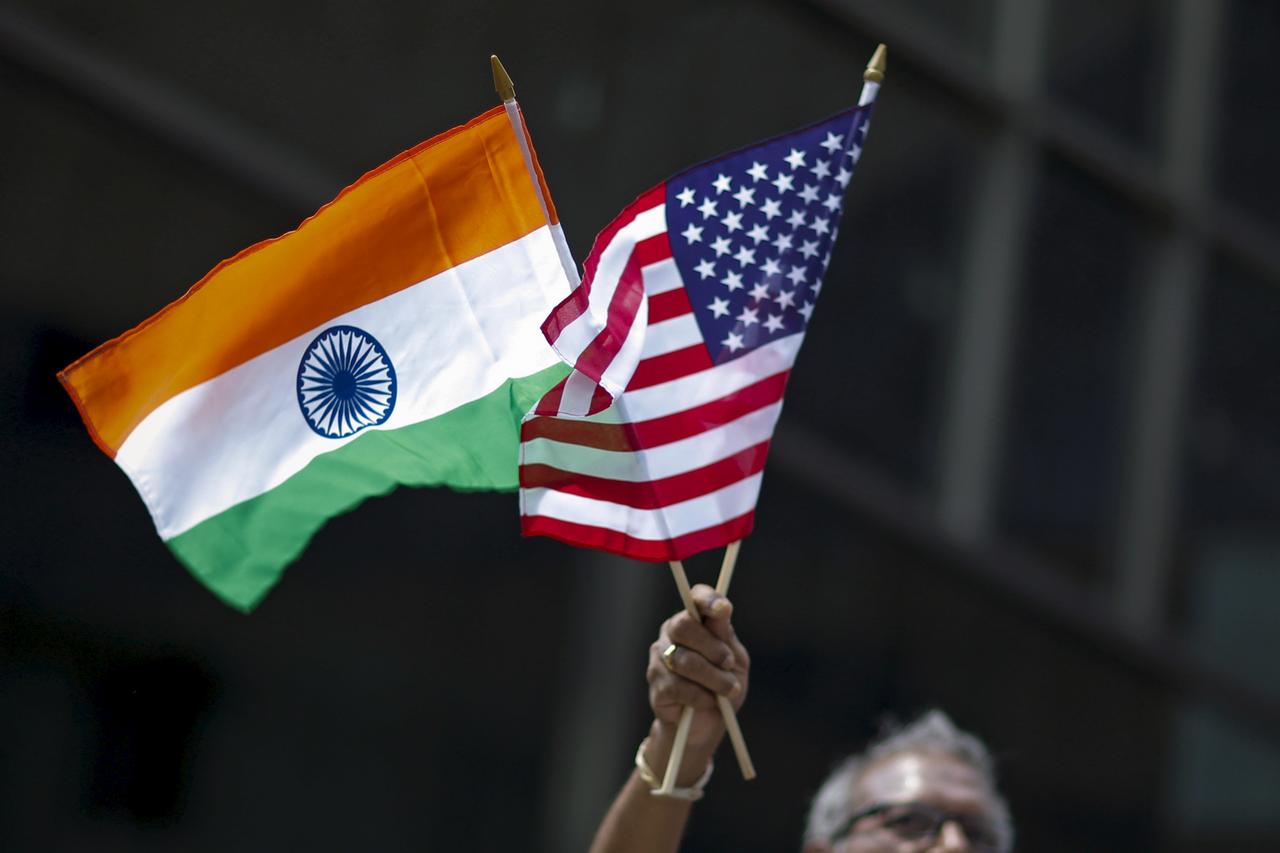President Donald Trump has terminated India’s designation as a beneficiary developing nation under a key preferential trade programme after determining that it has not assured the US that it will provide “equitable and reasonable access to its markets.”
The Generalised System of Preference (GSP) is the largest and oldest US trade preference programme and is designed to promote economic development by allowing duty-free entry for thousands of products from designated beneficiary countries.
The impending termination was previewed Thursday by a senior administration official, who described it as a “done deal” and said it is time for the two countries to move on, and try to resolve other trade irritants. The official had, however, left open the possibility of restoring these benefits if and when India complied with American demands for greater market access to its dairy products and medical devices sectors.
US President Donald Trump said in a proclamation issued Friday, “I have determined that India has not assured the United States that India will provide equitable and reasonable access to its markets. Accordingly, it is appropriate to terminate India’s designation as a beneficiary developing country effective June 5, 2019.”
On March 4, Mr. Trump announced that the US intends to end India’s designations as a beneficiary developing country under the GSP programme. The 60-day notice period ended on May 3.
But the administration held off on the proclamation as India was in the middle of elections at the time and there was pressure from US lawmakers, from both parties, to delay the termination to allow more time for negotiations. There was an expectation that India could avert the termination.
But the Trump administration had concluded much before, according to people close to the developments, that India would not be able to deliver no matter how much additional time it was given. But it agreed to wait for the elections to get over and announced the termination just a day after Prime Minister Narendra Modi began his second term. No talks were underway at the time contrary to public assurances from Indian officials.
The Trump administration has prioritised working with the Indian government to ensure that US companies have a level playing field, a senior State Department official told reporters on Thursday, hours after Prime Minister Narendra Modi was sworn in for a second time following his spectacular electoral victory in the general election.
Under the GSP programme, nearly 2,000 products including auto components and textile materials can enter the US duty-free if the beneficiary developing countries meet the eligibility criteria established by Congress.
India was the largest beneficiary of the programme in 2017 with $5.7 billion in imports to the US given duty-free status and Turkey the fifth largest with $1.7 billion in covered imports, according to a Congressional Research Service report issued in January.
In a statement, Coalition for GSP executive director Dan Anthony said that Mr. Trump’s decision will cost American businesses over $300 million in additional tariffs every year.
He further added, “Without GSP benefits American small businesses face a new tax that will mean job losses, cancelled investments and cost increases for consumers. Only a year after the Senate and House passed a three-year reauthorization of the GSP by a near-unanimous margin, the Trump administration has kicked out the GSP country that saves American companies more money than any other.”
Mr. Anthony also said that the Trump administration made the decision in the face of opposition from members of the Congress and hundreds of American businesses that have called for continued GSP eligibility for India.
He added, “They also acted despite India’s willingness to negotiate new market access for American exports. Thus, there are no winners from today’s decision. American importers will pay more, while some American exporters will continue to face current market access barriers in India and others, including farmers, are very likely to be subject to new retaliatory tariff.”
The Trump administration argues that New Delhi has failed to assure America that it will provide equitable and reasonable access to its markets in numerous sectors.
India had said that the US government’s move to withdraw duty concessions on certain products under the GSP programme will not have a significant impact on exports to America as the benefits were only about $190 million annually. But the people familiar with these discussions fear the new tariffs could make these products costlier for US importers, who could then switch from Indian suppliers to those who can supply for less, minus the tariff, to keep down their prices.

Leave a Reply